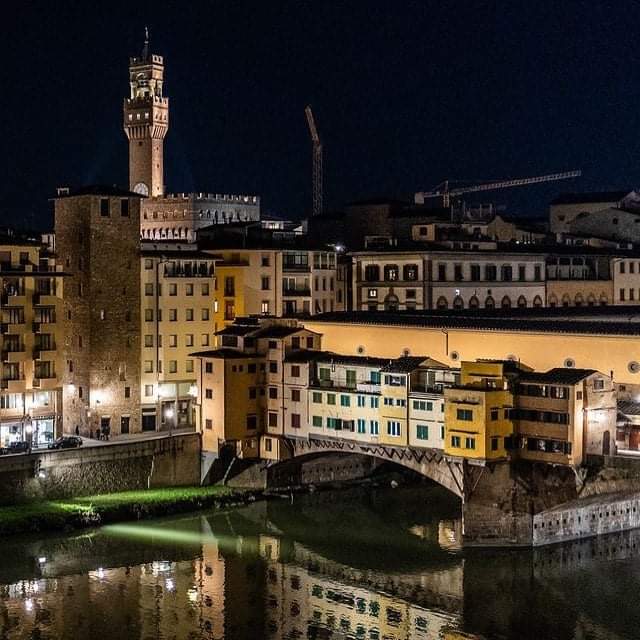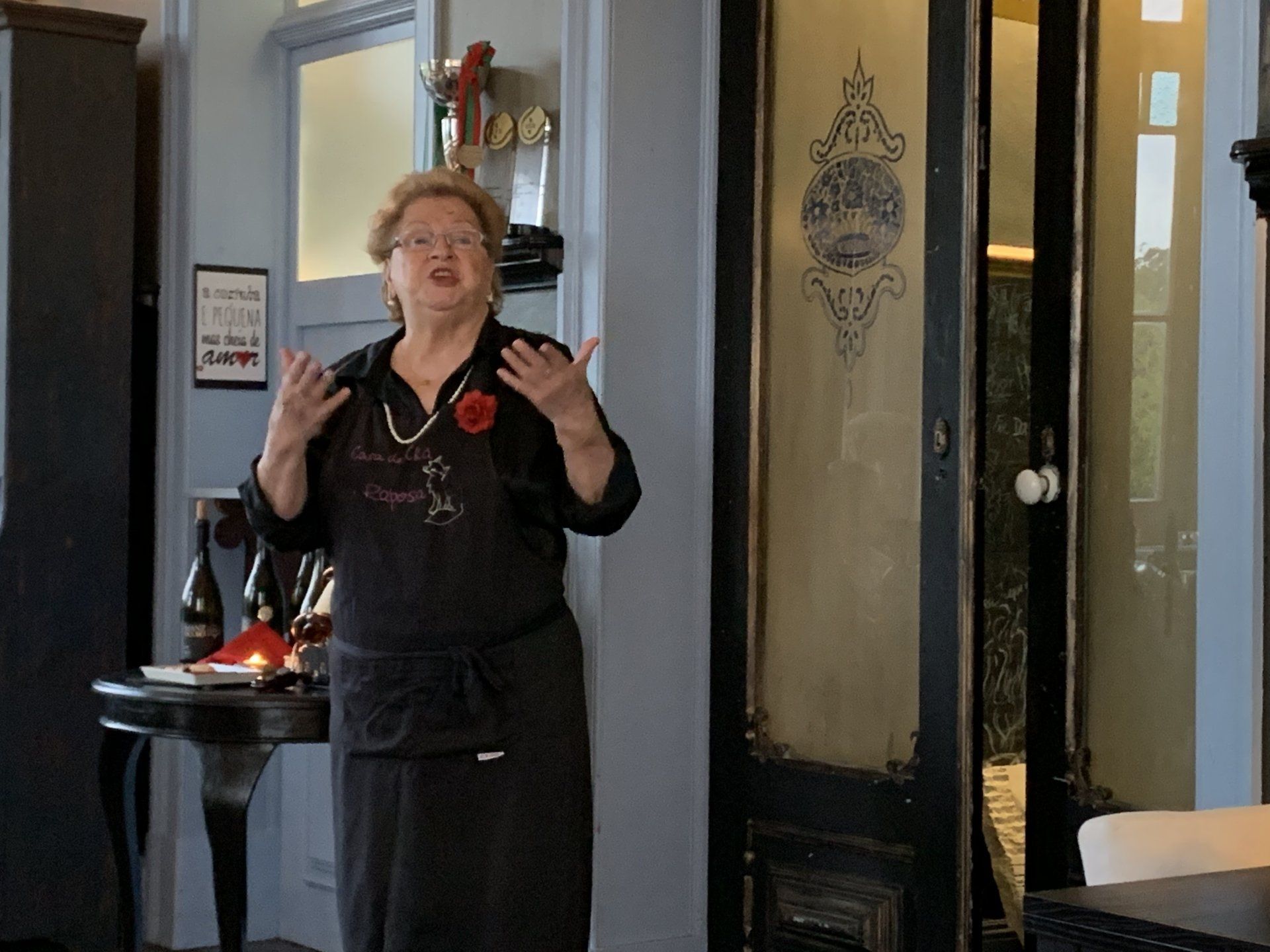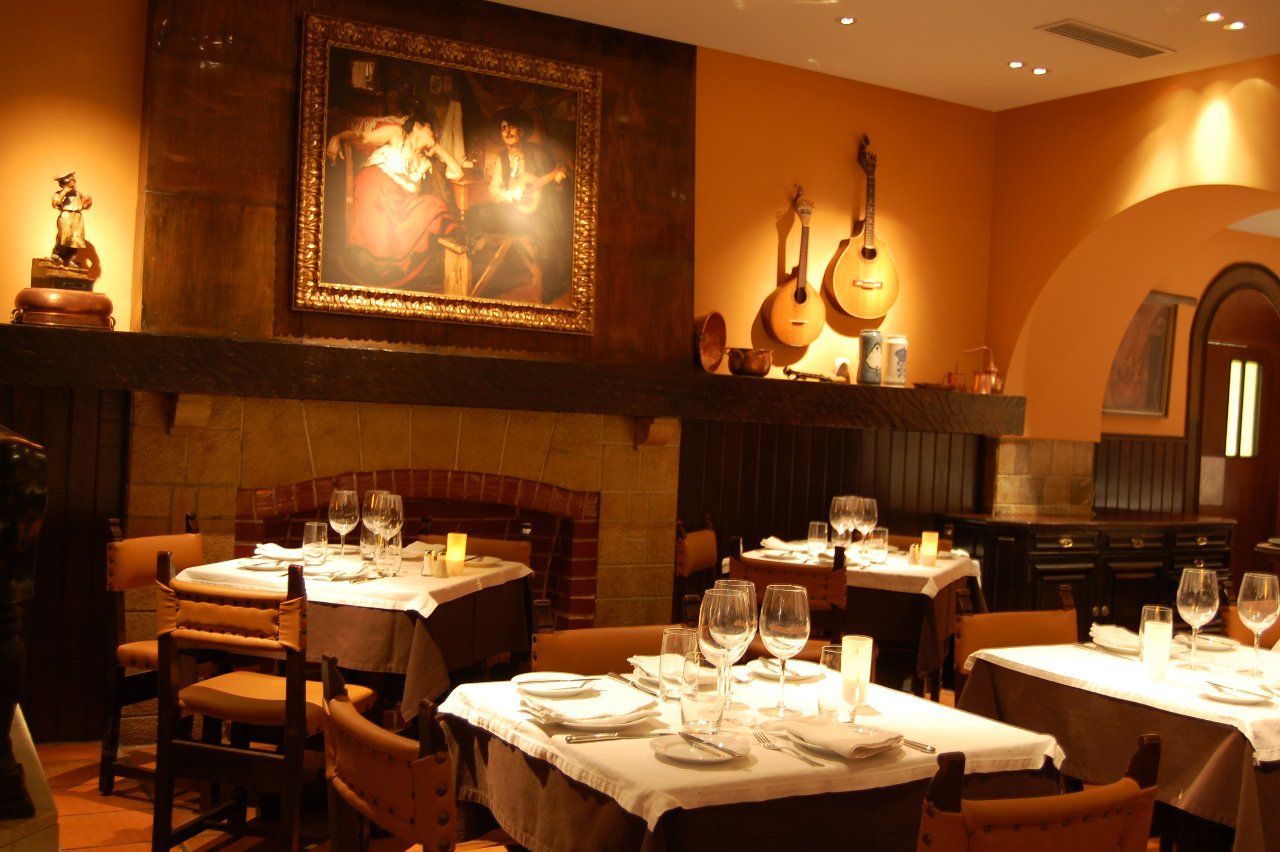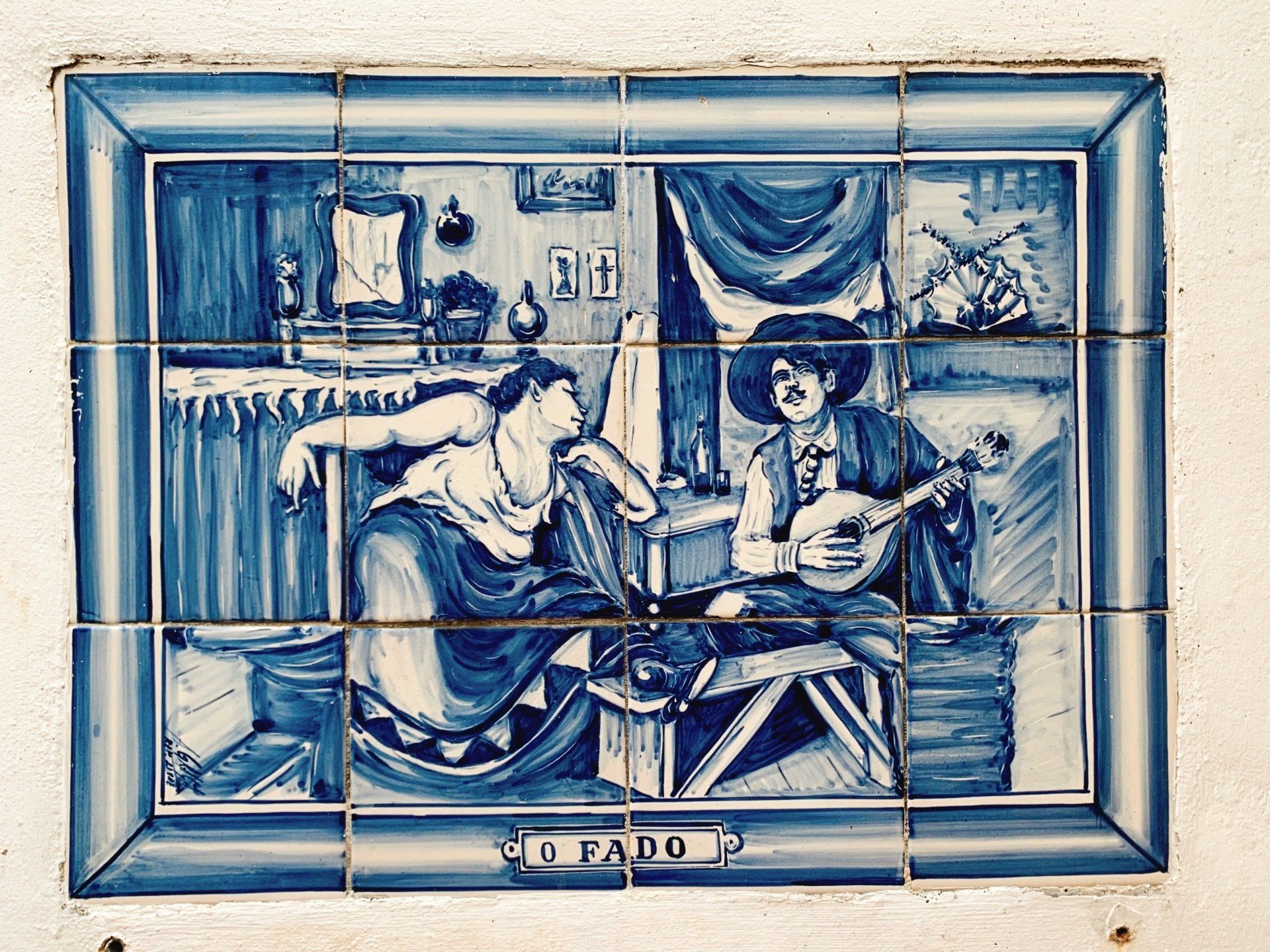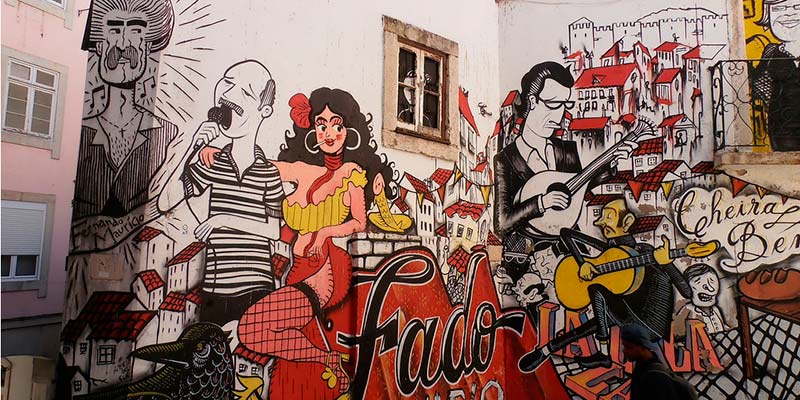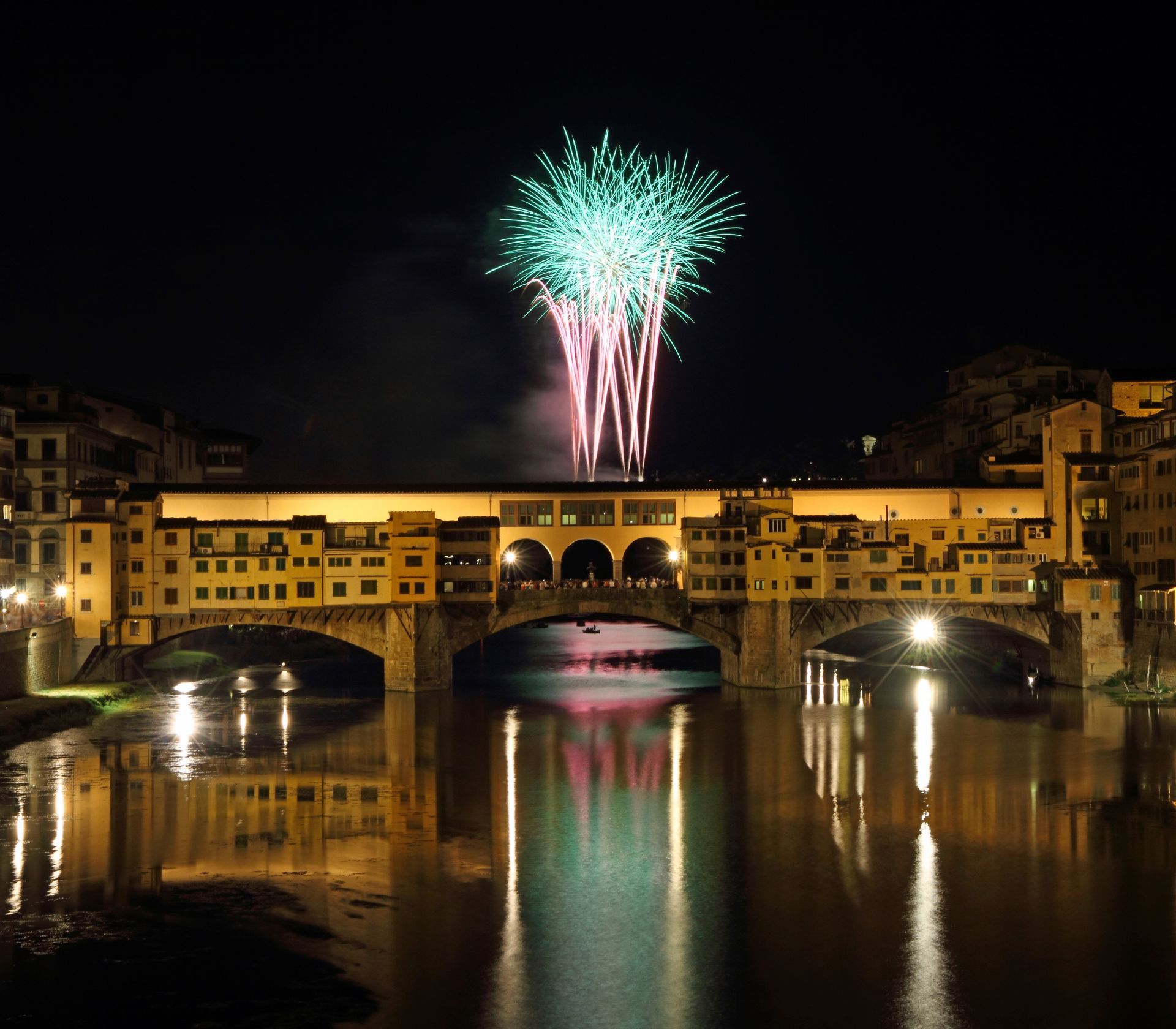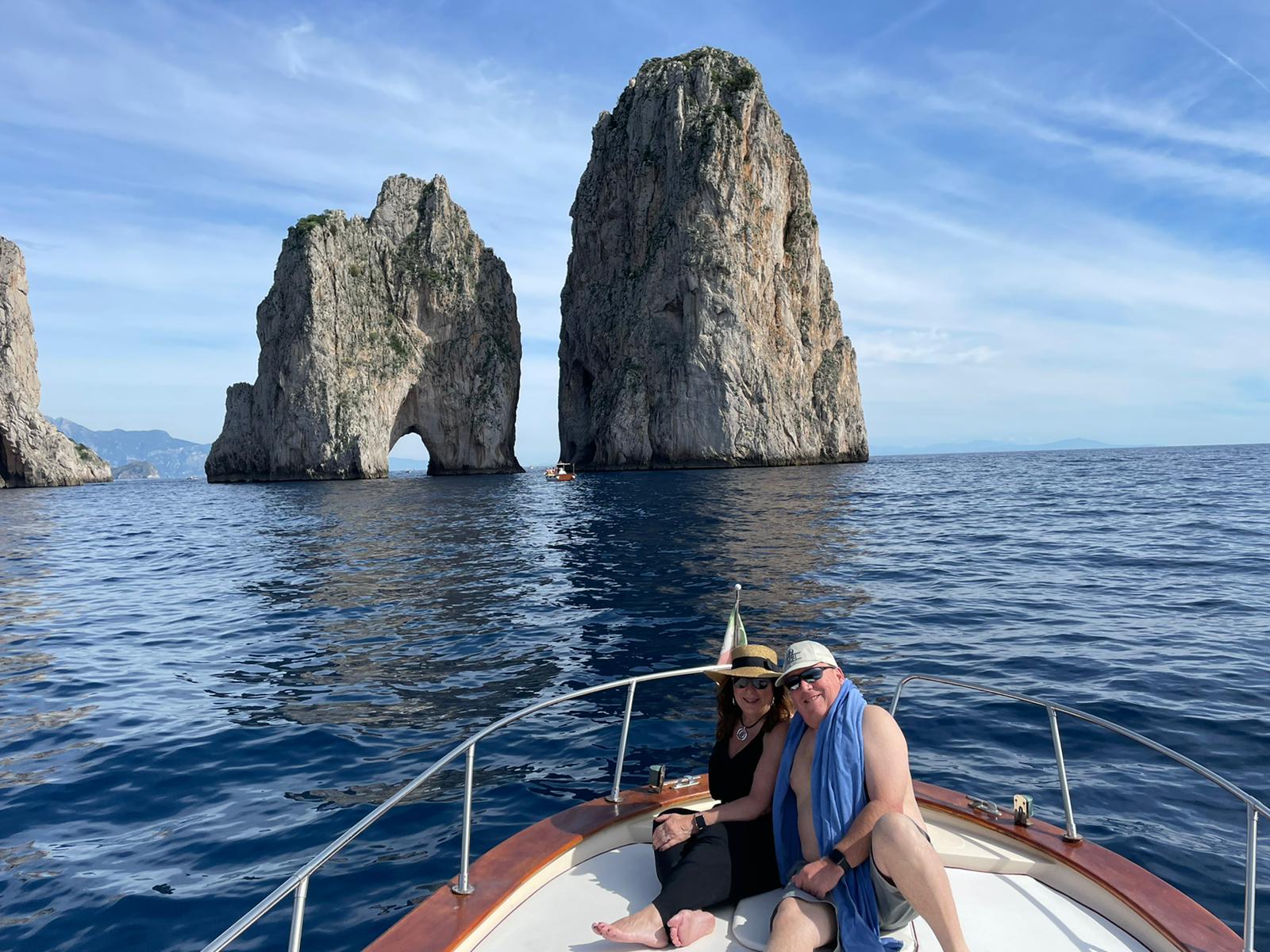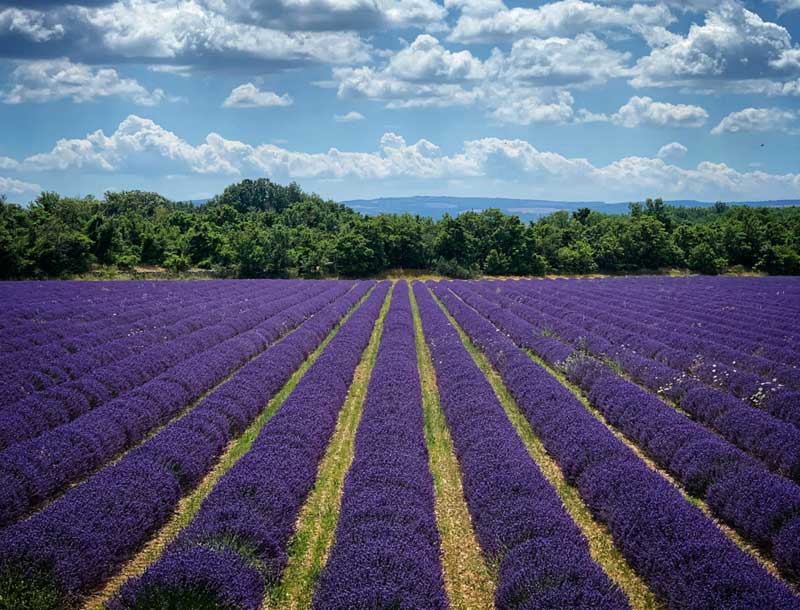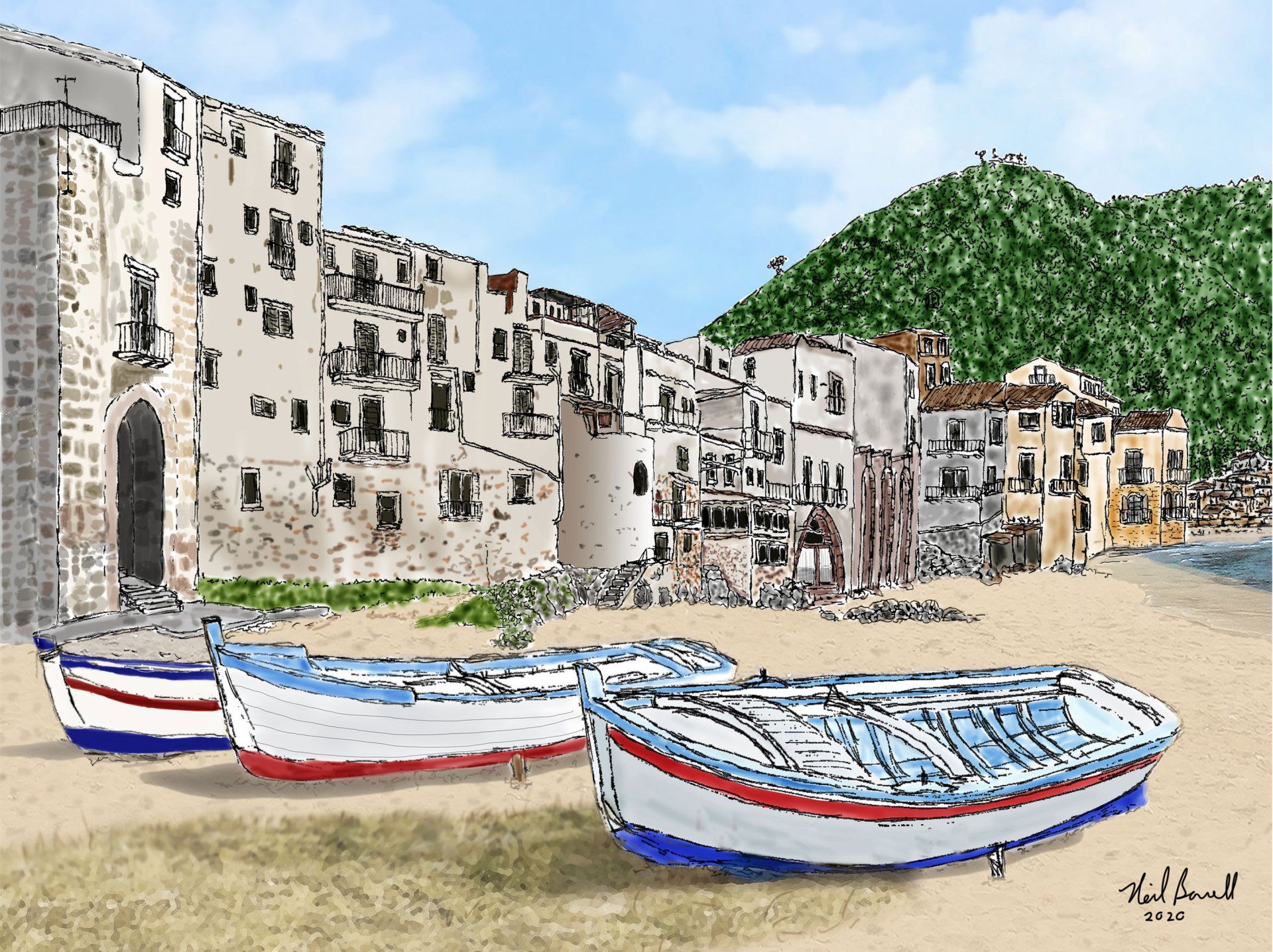An Unforgettable Evening of Fado Music in Lisbon
One of the best ways to immerse yourself in a new culture, besides tasting the cuisine, is to listen to their music. Fado music, known as the soul of Portuguese music, has its origins somewhere in the distant past, although it officially originated around the 1820’s. Deeply felt and profoundly melancholic, the musician sings about the hard realities of daily life, balancing both resignation and hopefulness that a resolution to its torments can still occur. It can be described by using the Portuguese word “saudade,” which means “longing” and stands for a feeling of loss. This loss is generally permanent and of long-term consequence. Singers of fado are often accompanied by one or two 12-string guitars, one or two violas, and sometimes a small 8-string bass.
There are two styles of fado. Lisbon fado has roots in social contexts that are set in marginality and transgression. It was often found in locations frequented by sailors and prostitutes. In the early 1900s, it found a popular following that continues today. Its heart is in the Alfama district of Lisbon.
Coimbra fado has ties to the academic traditions of the University of Coimbra. The singers and other musicians wear the traditional academic wardrobe that consists of dark robe, cape, and leggings. They sing at night on the streets or in the city square. While Lisbon often appeals to the working-class, Coimbra appeals to the more privileged classes.
We had the privilege, while visiting Sintra and Lisbon with our group of life-long friends, to spend an unforgettable evening listening to three different fado singers, two women and one man, accompanied by a twelve-string guitar and traditional acoustic guitar...and a wonderful dinner. The music spoke to our hearts, carrying us along its melancholy journey, and leaving an indelible mark. It makes you long to speak Portuguese so that you too can sing these marvelous songs from the heart.
A few nights later, we were surprised at another wonderful dinner, this time in Sintra, by the waitress singing fado a capella at the end of the evening. Such emotion!
No trip to Portugal is complete without enjoying at least one an evening of fado. We will be happy to take you there!
